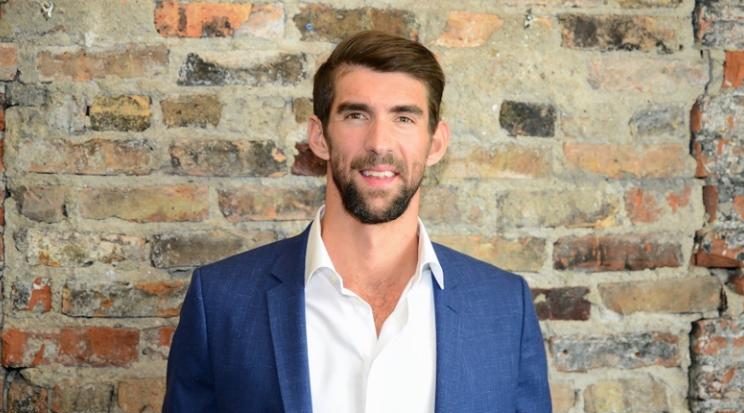“Nobody who is going to expend that kind of effort, to achieve that kind of goal, is going to be just like everybody else,” the swimming great suggests, citing the repercussions of the “narrow and intense” focus on Olympic perfection.
The potential fallout from that, several former Olympians say, is depression and, for some, suicidal thoughts, even among those who achieve their Olympic dreams and parlay that into a high media profile and endorsements.
As speed skater Apolo Ohno notes, there’s a cost associated with athletes being so committed to their sport that “everything else is secondary,” with the difference between Wheaties-box success and utter failure (that is, failing to medal) often separated by a fraction of a second.
Snowboarder Shaun White is shown joking with then-late night host David Letterman, in stark contrast to the “incredible crash” he discusses experiencing emotionally after the Olympics.
Directed by Brett Rapkin, “The Weight of Gold” speaks to a number of athletes and comes away with several recurring themes. They include the sacrifice to one’s childhood, in some respects mirroring another recent HBO presentation, “Showbiz Kids
,” detailing the toll on those who pursued a different kind of fame.
The real point of this exercise hinges on breaking through the silence and shame that Olympians can suffer — prone as they have historically been to quietly endure their lows — and by extension, share that message with anyone who might grapple with depression.
“Athletes just don’t talk about our weaknesses,” says two-sport star Lolo Jones. “We’re tough.”
“The Weight of Gold” opens and closes by acknowledging the absence of this year’s Olympics, which will likely only heighten demand for the event, either next year (as is currently hoped) or beyond.
Yet while the Olympics have always been the ultimate symbol of triumph — the perfect embodiment of “The thrill of victory,” as “Wide World of Sports” famously put it, and Phelps exemplified — he and his peers deserve enormous credit for sharing their private agonies, a stark reminder of the dark clouds that can go with gold, silver or bronze.












